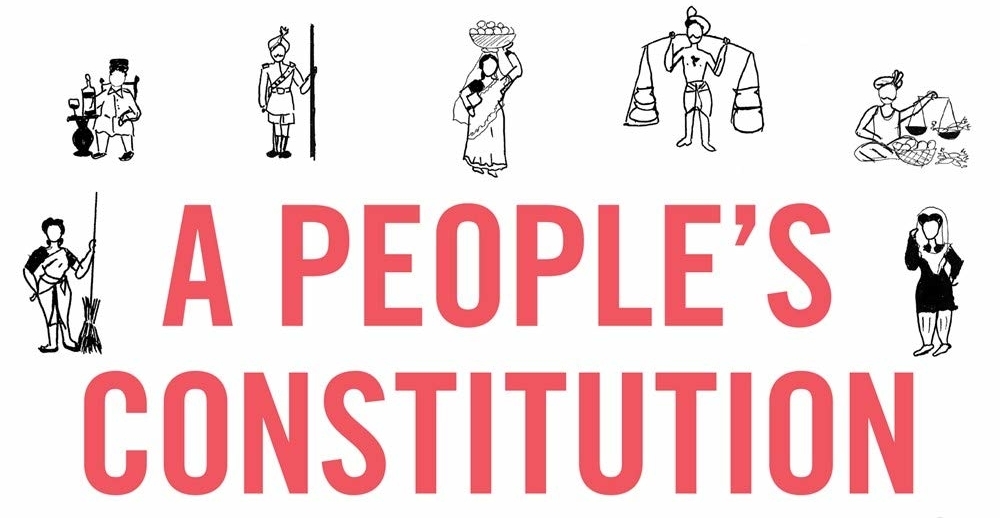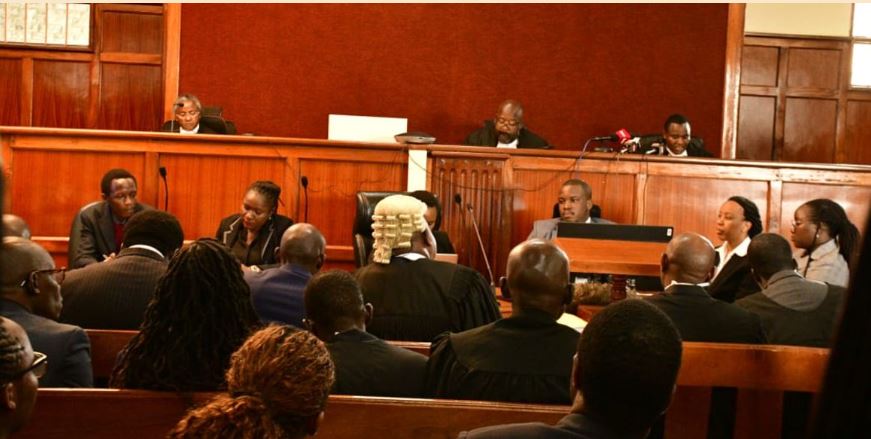“A People’s Constitution: Honour the spirit, not just the letter”
by admin on | 2025-09-02 18:22:57 Last Updated by admin on 2025-10-29 09:05:28
Share: Facebook | Twitter | Whatsapp | Linkedin Visits: 174

Good morning. I remember a small room with a steel door. A plate slid in, metal against concrete, then quiet. In that quiet I learned what the law is when power has no guardrails. It is breath. It is whether a citizen can write to a newspaper, stand in a crowd, or argue a case without fearing a knock at night. Many Kenyans carried that memory through detention, exile and grief until, in 2010, we turned it into law. We did not receive a favour. We wrote the terms on which power would be held. My claim is simple. The 2010 Constitution is a people’s covenant. If we treat it as technical text and ignore its values, we will keep the letter and lose the country. Our work, fifteen years on, is to make the spirit audible in government offices, courtrooms, newsrooms and neighbourhoods. I speak as someone who has paid a price for speech, and as someone who has seen this country choose to keep faith with itself.
I. The anchor, the promise, and why it still matters
Article 1 says all sovereign power belongs to the people. Government only holds it in trust. Article 10 sets the conditions of that trust. Human dignity. Participation. Transparency. Accountability. Those words are not decoration. They are the brakes and the steering. They are how we prevent the return of the room with the steel door. Courts have said this clearly. In Orange Democratic Movement Party and 4 others v Speaker of National Assembly and 5 others [2024] KEHC 11494, Constitutional Petition E491 of 2023 (Consolidated) (24 September 2024), the High Court nullified the Privatisation Act, 2023 because there was no reasonable, meaningful and effective public participation, and Parliament’s oversight had been sidestepped. In plain English, there is no shortcut around the citizen. If public assets or the public purse are in play, the public must be in the room, and Parliament must do its work. That holding put a lock on the back door of the Treasury. The same ethic protects our institutions from being bypassed. When the Executive tried to reform policing by creating a parallel taskforce, the Court stopped it in Magare Gikenyi v Attorney General and 6 Others, Constitutional Petition E048 of 2023 (10 April 2025). The policing taskforce usurped the mandate of the National Police Service Commission. The principle is basic. If the Constitution or statute creates a body for a task, reform must pass through that body, not around it. This is not pedantry. It is how uniforms remain answerable to the law rather than to committees in the Office of the President. Institutional fidelity also guards the public accounts. A flashy title cannot trespass onto the lane of the Auditor General. In Magare Gikenyi and Eliud Matindi v Attorney General and Others, interim ruling (9 July 2024), the High Court suspended the Public Debt Audit Taskforce with conservatory orders because it encroached on Article 229. Checks and balances are not ornamental. They are working parts of the engine. These holdings are not victories for litigants alone. They are practical lessons on how a republic behaves. The people lend power. Institutions hold it carefully. Participation is not a courtesy, it is a condition. Procurement is not paperwork, it is constitutional law doing its day job. Devolution is not a nuisance, it is the people’s choice to live nearer to power. When a country forgets that grammar, daily life pays the cost. A parent at the school gate. A patient at a dispensary. A small publisher who lives or dies by advertising. A trader who needs a licence and meets a national directive that the county cannot lawfully implement. The Constitution is not...read more




